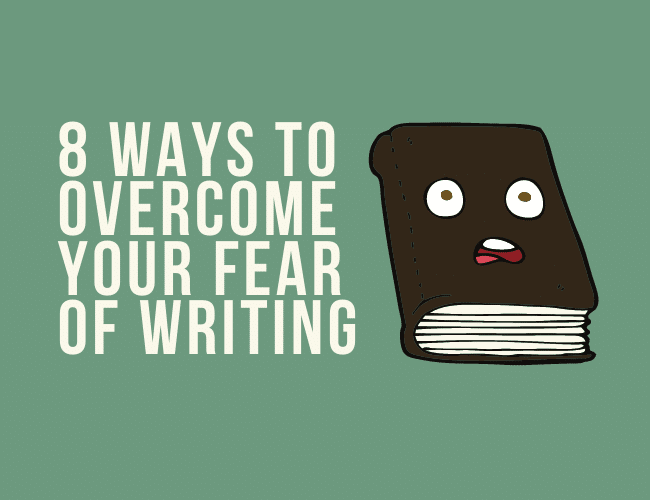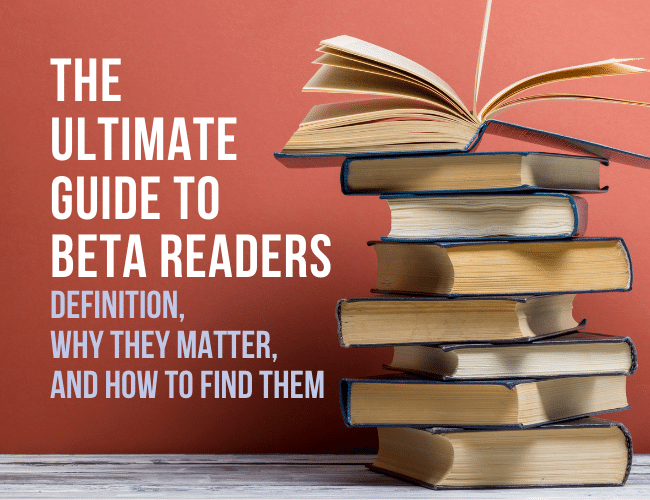
by Sarah Gribble |
R.L. Stine is the author of over 300 books for readers ages 7 to 15. Generations of kids have been introduced to the wonderful world of horror through Stine’s Goosebumps and Fear Street series. Stine is a true master of reaching young readers, and who better to host his course than MasterClass?
In this post, I’m going to share my personal R.L. Stine MasterClass review. I’ll outline what’s in the course, what I learned and what I didn’t, and why you should (or shouldn’t!) take the class.

by Sarah Gribble |
What is the first thing you check on a book (after the cover art)? I would bet, whether you’re at the library, at a bookstore, or shopping online, it’s the book description. What does that mean for you as a writer? You need to know how to write a book description, preferably a great one.
Nothing sells a book like a well-written description.

by Sarah Gribble |
Today I want to talk about fear. Fear of writing, fear of sharing your work, fear of publishing—and how you can overcome it.
Writers face fear on a day-to-day basis.
The self-doubt. The fear of failure. And, oh, the vulnerability.
Writing is hard enough with all the self-evaluation and doubt about your abilities. But then sharing your work with other people so they can critique or review it? CRINGE.
When you sink into that fear it debilitates you. If you let fear hold you back, you’re ensuring you never achieve your goals. You’ll never write that book and you’ll never get published. All because you were too scared.

by Sarah Gribble |
Whew. Yesterday, I launched my novel, Surviving Death. The launch went well, and it couldn’t have done so without my book launch team. They were awesome helping me spread the word about my book!
How do you build a book launch team? I’m going to share some strategies that I did with this launch and offer some ideas for other things you could do.

by Sarah Gribble |
If you’ve looked into the process of publishing a book, you might have heard the term “beta readers.” But what are beta readers? Do you really need them? And when do they come into the writing process?
A couple hints: yes, if you’re going to publish a book, you need beta readers. And no, they’re not a replacement for hiring a professional editor.
Even if beta readers aren’t technically a part of the editing process, since they’re not editors, they are essential to impacting positive revisions.
Beta readers can—and will—do wonders for your book. If you know where to find good ones, and how they can positively contribute to your stories.
This is how I found knockout beta readers. Ones that made a big difference in making my story it’s best draft.







